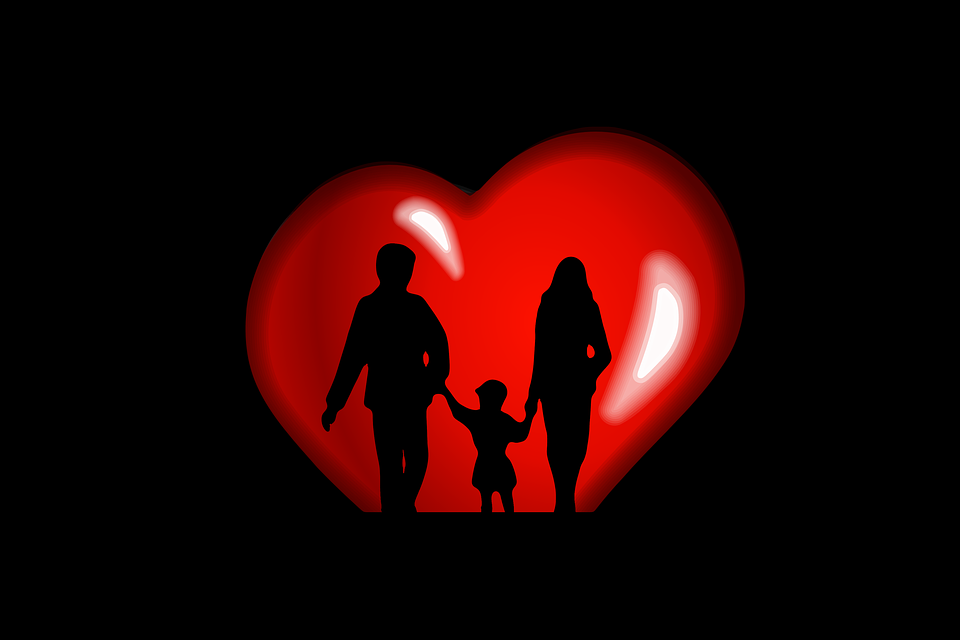If you want to be an egg donor then you must understand this process as well as requirements to be one. The egg donation is a process in which a woman donates her eggs to a couple or an individual who intend to be parent/s. The process starts after matching the compatibility of the donor with the intended parent/s with the help of an egg donor agencies.

After meeting up initial formalities the process of egg donation starts in a step wise manner like:
Step 1: Legalities and Screenings
The donor selected for this process has to go through a variety of fertility and medical screenings, psychological evaluation and legal formalities before starting the process. The screenings will be done at the IVF center of the parents. The psychological evaluation of the donor is done by a psychologist to ensure that the donor is properly motivated to donate eggs after understanding its pros and cons. The ovaries of the donor are examined through various tests to ensure its eggs producing ability and their proper functioning. The donor has to pass through various other tests to ensure her medical fitness and her medical and family history is evaluated for this purpose. Now both of them, donor and recipient, have to sign a legal contract, prepared by a specialist attorney in reproductive laws.
Step 2: Stimulation phase
After completing all the screenings and legal formalities, the process of egg donation starts with stimulation of eggs which may take up to 6 weeks. Initially the donor is given birth control pills to harmonize her menstrual cycle with the recipient. Then a vaginal sonogram is done on the donor and a self-injection is given for nearly 7-14 days. Then a FSH or follicle-stimulating hormone is self-injected for 8-10 days to grow the follicles of the egg. Then an injection of HCG is given to the donor, after the maturity of the follicles, to help her ovary to produce eggs.
Step 3: Retrieval of eggs
After giving the injection of HCG the retrieval of eggs starts within 34-36 hours. During this time the donor remains under observation of the physician and his staff until she is under the effect of local anesthesia. In order to comfort the donor a light dose of IV sedation is given. Then the physician sucks out the follicle fluid containing eggs with the help of a needle, under the guidance of ultrasound.
The donor is then sent to her home under the supervision of someone to handle her in case of any complication. She can resume her routine work within a day or two after the retrieval of the eggs, as directed by the physician.
Requirements for an egg donor
In order to be an egg donor you must be:
- 21-28 years old
- Have monthly periods regularly
- Free from any abnormality or disorder
- Emotionally and physically healthy
- Non smoker, drug user and nicotine user
- Ready to go through psychological and medical evaluation
- Ready to take medicinal injections
- Ready to complete the process within 6 months
- Ready to communicate with the IVF clinic and its staff within 24 hours
- Ready to help in building a family through this process
Along with these basic requirements, some doctors also try to perform such procedures on younger donors to ensure the winning condition, depending upon the compensation provided by the recipient. Such choices can make great difference in the entire process.
